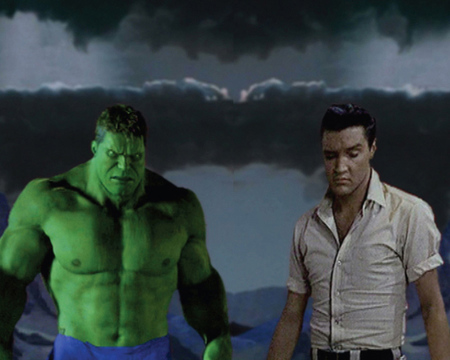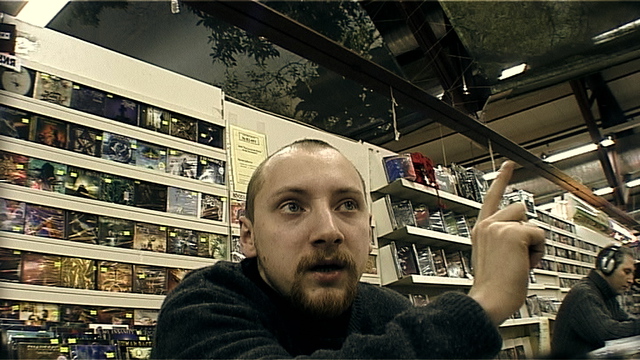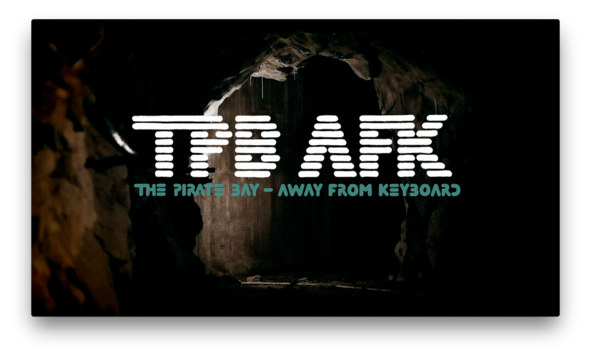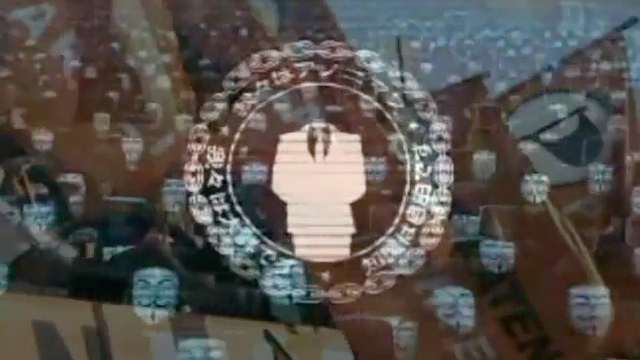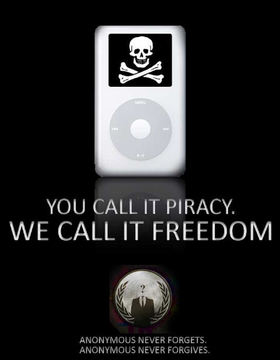Michael Seemann
Michael Seemann studied Applied Cultural Studies in Lüneburg. Since 2005 he is active on the internet with various projects. He founded twitkrit.de and Twitterlesung.de ('reading Twitter'), organized various events and runs the popular podcast wir.muessenreden.de. In 2010 he began the blog CTRL-verlust, about the loss of control over data on the internet. In 2014 he published Das neue Spiel after a successful crowdfunding campaign. Now he blogs at mspr0.de and writes for various media like Rolling Stone, TIME online, SPEX, Spiegel Online, c't and the DU magazine. He gives lectures on whistleblowing, privacy, copyright, internet culture and the crisis of institutions in times of Kontrollverlust.

